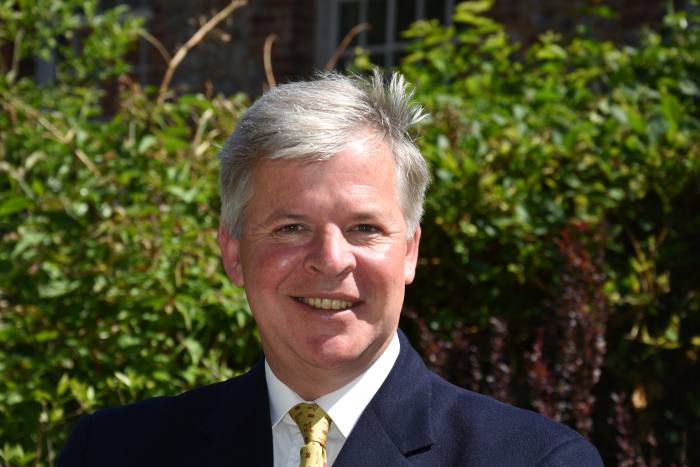
Anthony Scott’s professional life was filled with “many adventures for many years”, he says, selling beer and cars to China, after leaving the army.
But he eventually decided to return to the UK, where he now finds himself trying to build up a financial business at a time when consolidators roam the landscape and buyers heavily outweigh sellers.
Scott is currently business development director at Raymond James in the UK, the US advice company with 100 offices and £13.7bn of assets under management.
The business has announced plans to allow advisers to join as employees, but then, if they wish to leave, they can take their clients with them, as there would be no restricted covenants in their employment contracts.
Scott says the UK operation is “taking the lead” from the head office in the US, which has offered such terms for many years, and which he says has not lead to floods of advisers and clients departing the company.
He says the new policy is not designed to be an aggressive move to achieve growth in a competitive market, and the company will continue to be “conservative” in its plans.
Extensive due diligence is carried out on every company that wishes to join Raymond James under any one of the four options available.
Scott says: “We had one firm – we had been talking to them for six years about joining, but every time we got close to an agreement the boundaries were being pushed slightly. So in the end, I had to say no.
"Understandably they were furious at the amount of time they had spent on it. But I met the guy years later and he shook my hand, as he understood by then why we had said no.”
He says his previous role as head of investment management at Charles Stanley gave him some “red flags” to look out for when vetting companies. Scott says the most obvious is “anything that deviates from the mainstream investments, so anything like contracts for difference being used in client portfolios would be a red flag for us".
He says: "We want advisers to join us that care about their clients. People often say about investment management, 'You wouldn’t understand it if you haven’t done the job,' but I have done that job.”
Scott joined Charles Stanley as a private client wealth manager and spent 17 years at the company, becoming head of investment management and a board director, before leaving in 2016.
He acknowledges that a very different skillset is required in business development than investment management but says: “I left Charles Stanley because I wanted to do something different, to try something else. I have enjoyed all of the places where I have worked but nowhere else has the culture of Raymond James.”
His current company's offices in the shadow of London’s Liverpool Street station is a long way from where he started his post-army career, working for Swire PacificGroup, importing first Volvo cars and then Carlsberg beer into China and the surrounding countries in the 1990s, just as China was opening up to western markets.





